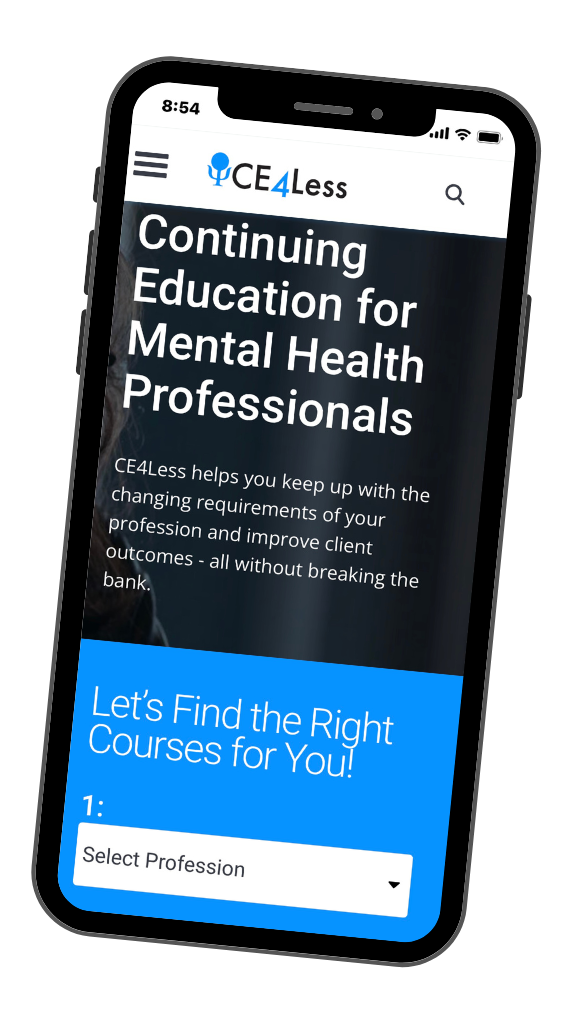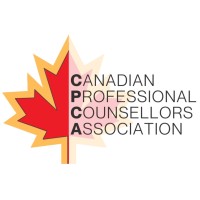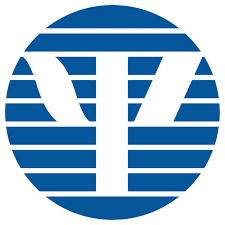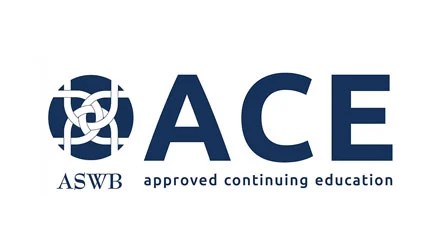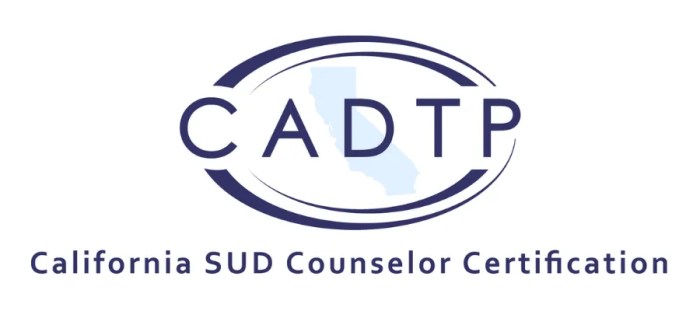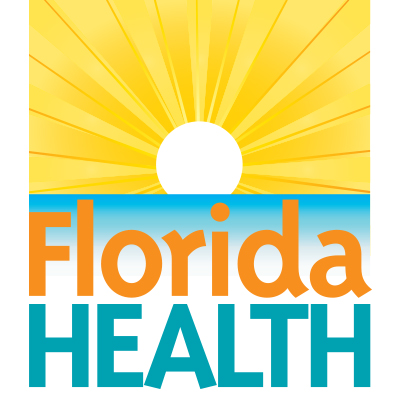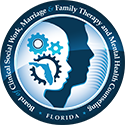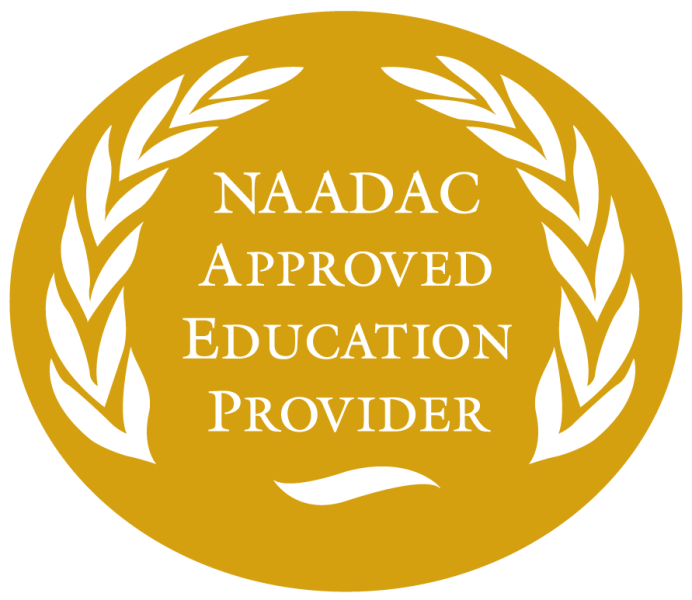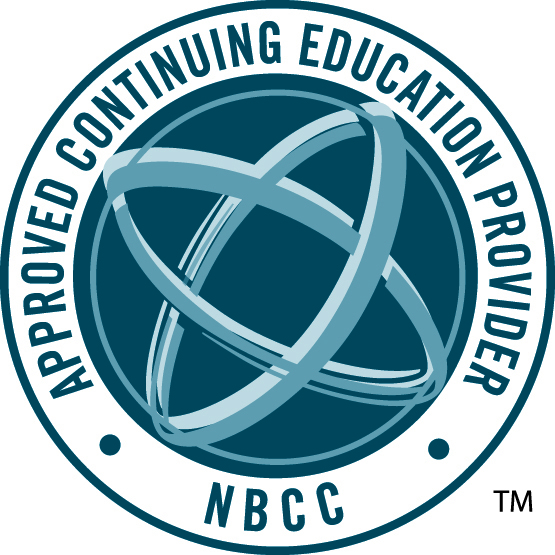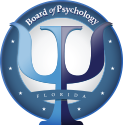Shannon W
-
Psychologist
California
Cognitive Behavioral Therapy for Eating Disorders
Very informative and helpful for all levels. This is not my area and I’m taking away a lot of really useful information. I’m planning on looking more in CBT training for eating disorders for our community mental health agency. Excellent and very useful, thank you!
Nov 23, 2022
Julisa D.
-
Social Worker
Armed Forces
The sample sessions are very helpful, especially to newer therapists. I can use this immediately. Also, a great reminder that protocols are often preferable to “supportive counseling”.
Nov 23, 2022
Mallorie H.
-
Social Worker
Human Trafficking
I liked how this material not only gave you the warning and risk factors, but also ways to support victims. I don’t always feel courses allow for both ends. I appreciated how this did both.
Nov 21, 2022
Lori B.
-
Social Worker
Kansas
The strengths were the definitions and examples. The content was good and appropriate and helps being aware of types of trafficking. I will use this in assessments and crisis screenings and continue to use CE4Less as a source for CEUs.
Nov 20, 2022
Traci H
-
Social Worker
Minnesota
Confidentiality: The HIPAA Privacy Rule and 42CFR Part 2
This was very interesting, held my attention and I learned valuable information. As a practitioner, it is helpful to know the extent of these topics.
Apr 27, 2023
Angela Y.
-
Social Worker
Arizona
Human Sexuality Across the Lifespan
I appreciated the inclusiveness of the material. I found the CNM section to be highly informative, I am glad to have this as a resource if I need it in the future.
Sep 21, 2022
Jacqueline A
-
Social Worker
North Dakota
New Techniques of Grief Therapy: Bereavement and Beyond
New techniques to use with grieving population. I really loved this! It will be a huge benefit in my practice. CE4Less is a great source for CEUs!
Apr 27, 2023
LaNita D.
-
MFT
California
New Techniques of Grief Therapy: Bereavement and Beyond
I found everything about this course to be valuable and will be adopting quite a few of the techniques in my practice.
Sep 08, 2022
Lorraine W
-
Psychologist
Colorado
Provides wonderful techniques I can implement. It was an amazing and perfect course! Thank you!
Sep 08, 2022
Atreece B.
-
Social Worker
Mandatory Abuse Reporting
I appreciated the bullet point format, easy-to-read topics, and simple language. I work with elder veterans and will apply the learning to elder reporting.
Aug 09, 2022
Robin W.
-
Social Worker
Florida
Trauma Focused CBT with Veterans and Military Service Members
As a fairly new VA employee and a civilian, I appreciated the initial information regarding the acronyms and the basic military information. I will be more mindful of veteran’s symptoms.
May 17, 2022
Traci H.
-
Social Worker
Minnesota
Fertility and Sexual Health Interviews
The course was very informative. It provided ways to support non-traditional clients in a meaningful way. I enjoyed the scripted suggestions to address areas that I am not 100% comfortable with in a non-biased fashion.
Oct 06, 2022
Percival F.
-
Social Worker
Pennsylvania
New Techniques of Grief Therapy: Bereavement and Beyond
The contents of the book were comprehensive and essential in understanding and implementing various theories and techniques. These techniques have given me more tools to assist my clients.
Sep 08, 2022
Catherine S.
-
Counselor
Trauma Focused CBT with Veterans and Military Service Members
I really liked how thorough the text was on comparing CPT and PE treatment interventions. In my practice I will integrate more of the exposure techniques as well as relaxation.
May 17, 2022
Jacqueline A
-
Social Worker
North Dakota
Human Sexuality Across the Lifespan
Very relevant data to support the information. Actually, I loved this course. Will be very helpful in my diverse population. Thank you.
Sep 21, 2022
Robin M
-
School Psychologist
Indiana
Mandatory Abuse Reporting
This course is essential reading for any practitioner working with child and elder populations. Very clear information provided about elder abuse, including risk factors. The writing was interesting and clear.
Aug 09, 2022
Shannon W
-
Psychologist
California
Child Abuse Assessment
The course content helped with differentiating between terms and different types of abuse. Excellent course and great way to learn valuable information and earn CEUs with the luxury of doing so from home.
Apr 27, 2023
